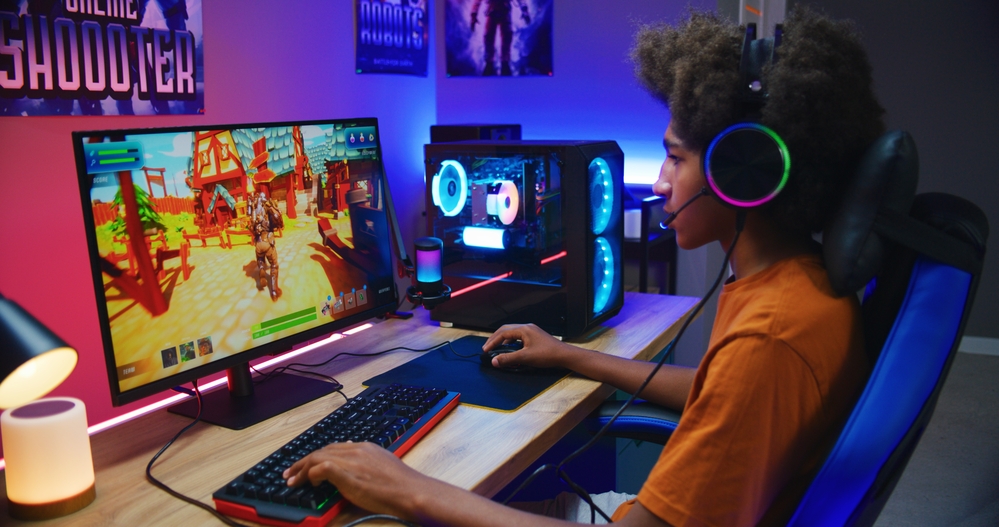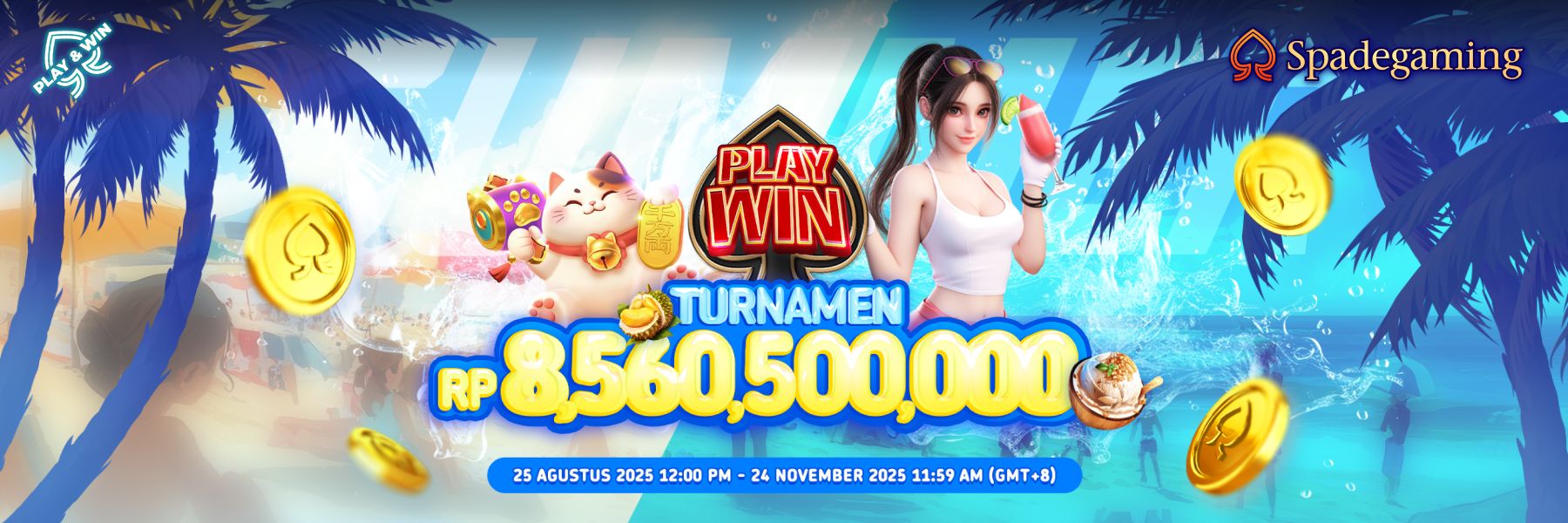
Online multiplayer gaming has evolved far beyond simpleton entertainment. Once a recess hobbyhorse, it has become a world phenomenon that intertwines engineering, psychology, and mixer interaction. From massive multiplayer online role-playing games(MMORPGs) to aggressive shooters and real-time scheme games, online multiplayer environments are now rich, dynamic communities that deeply shape participant demeanour, personal identity, and relationships. This article explores the scientific discipline motivations behind online multiplayer play and its social implications in Bodoni font whole number culture.
The Psychological Pull: Why We Play Together
At the core of online multiplayer gaming lies a right science draw. The sense of achievement, advancement, and mastery that games volunteer taps into essential man motivators. Games are studied with reward systems take down-ups, unlockable items, achievements that keep players busy through a loop of challenge and satisfaction. However, multiplayer environments heighten this loop by adding the variable of mixer fundamental interaction.
The need for social connection, as explained by Self-Determination Theory(SDT), is one of the three fundamental frequency psychological needs(alongside self-sufficiency and competence) that play often fulfills. In multiplayer games, players form bonds through cooperation, rival, and . Whether teaming up to complete a unmanageable raid or veneer off in ranked matches, these experiences build comradeship and bank, and sometimes competition, all of which mirror real-world mixer kinetics.
Another factor out is individuality exploration. In online environments, players can create avatars, select roles, and comport in ways they might not in real life. This exemption allows for experiment with personal identity and self-expression, which is particularly significant for adolescents and young adults navigating self-concept .
The Social Fabric of Virtual Worlds
While solo gambling offers dousing, online multiplayer games thrive on community. Games like World of Warcraft, Fortnite, or Valorant are not just whole number battlegrounds they are sociable spaces. Guilds, clans, and teams operate as micro-societies with their own hierarchies, norms, and rituals. Players often spend as much time chatting, strategizing, or plainly hanging out as they do acting.
This mixer view has prodigious real-world consequences. Studies have establish that online games can heighten skills, nurture teamwork, and even subscribe long-distance relationships. For individuals with social anxiety or disabilities, online games may offer a less intimidating platform to build friendships and socialize.
However, not all mixer kinetics are positive. Toxicity, harassment, and exclusionary demeanour are permeative issues in some gambling communities. The anonymity of the cyberspace can embolden players to act in ways they would not in face-to-face interaction. Developers and moderators continue to squirm with how to foster sound and inclusive environments in their games.
Competitive Edge and Cognitive Engagement
Online multiplayer pak game also intersects with public presentation psychology. Competitive games need high levels of focalise, response time, strategic mentation, and adaptability. Many players delineate entering a flow state a unhealthy zone of nail absorption and optimal performance. This cognitive involvement can heighten certain skills, such as decision-making under forc, spacial awareness, and model realization.
Esports, the professionalization of militant gaming, further illustrates the psychological complexness of online multiplayer. Professional players often take coaching job in areas like stress management, teamwork, and motivation, similar to traditional athletes.
Balancing Benefits and Risks
Despite the many prescribed aspects, concerns continue about unreasonable play, addiction, and the bear on on unhealthy wellness. While online multiplayer games can tighten feelings of solitariness and ply a feel of belonging, overdrive may lead to isolation from offline relationships, noncontinuous kip patterns, and overlook of responsibilities. The key lies in temperance and careful play practices.
Conclusion: A New Era of Connection
Online multiplayer gambling is more than pixels on a test it s a mighty mixer weapons platform that mirrors, magnifies, and now and again reshapes man demeanour. As technology continues to germinate, these practical worlds will only grow more immersive and socially intricate. Understanding the psychological and sociable dynamics behind them is requirement not only for players but also for parents, educators, developers, and policymakers navigating the digital age.

